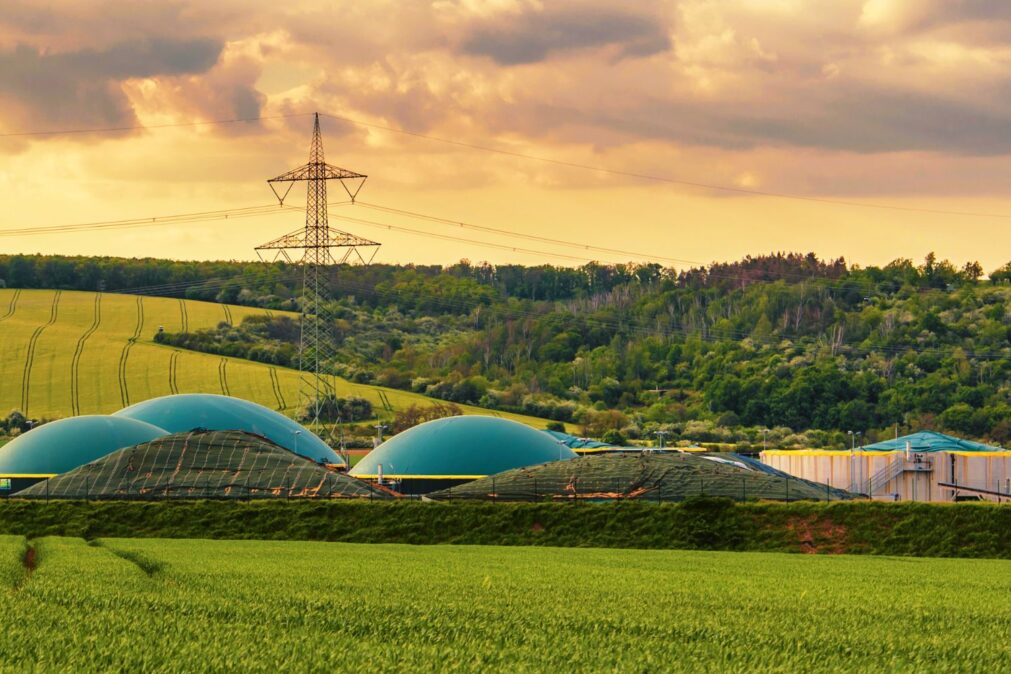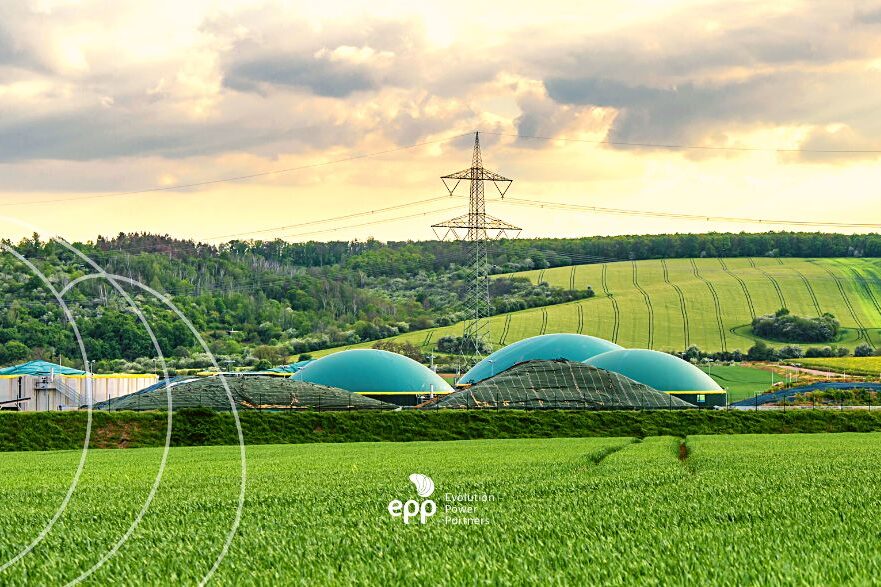In Brazil, ethanol and green diesel (HVO), which should lead the expansion of biofuels in the next five years, contributing to the energy transition.
The energy transition is already underway in many countries, but a greater effort is needed so that the proposed CO2 emission reduction targets are reached and, consequently, the effects of global warming are reduced.
The world transport matrix is still extremely dependent on oil (about 90% of trips use fossil fuels). Thus, hydrogen and biofuels are currently the main alternatives for decarbonizing the segment. In Brazil, biofuels are already used, but it is necessary to expand investments and technologies so that the production of fuels is sufficient for the transition.
The investments needed for the energy transition
For an effective energy transition, the share of renewables would have to grow massively across all sectors, from 14% of total energy today to around 40% in 2030. According to the International Renewable Energy Agency’s World Energy Transitions Outlook 2022 (Irena), it will be necessary to invest US$ 5.7 trillion a year until 2030 in energy transition. To make investments viable, partnerships with public and private capital are needed to develop some technologies more quickly. In addition, governments need to stimulate investments in innovation, creating incentive policies capable of rewarding developers and pioneers in adopting the practices.
Thus, investments must scale technologies and infrastructure implementation, so that decarbonization occurs in sensitive sectors, such as industrial and transport sectors, which have greater difficulty participating in the energy transition. The big problem is that the investments made today are not enough. Furthermore, countries that account for two-thirds of the world’s population account for only one-fifth of clean energy investments.
Brazil has a prominent role in the bioenergy market, already recognized for the strong presence of ethanol in the fuel matrix. Now, there are many possibilities for expansion with biomass and other biofuels. The country already plays a relevant role in the energy transition, since 48% of our matrix derives from renewable sources, such as biomass, hydroelectric plants and biofuels.
In addition to following the global agenda for clean energy, the model could also generate new jobs. In other words, the benefits of cleaner energy sources are not limited to environmental gains, there are positive social impacts much deeper than imagined.
The country already has initiatives, such as Renovabio, which completed three years and has annual decarbonization targets for the fuel sector, obligations relevant to those who adhere to the program and creation of the dynamics of the carbon credits market.
In addition, other projects are being developed, such as Methane Zero, which focuses on energy use with the generation of fuel from waste or organic products for the generation of biogas and biomethane and the fuel of the future.
The initiative aims to use alternative energy sources and strengthen national technological development. Thus, it is expected to increase the use of sustainable and low-carbon fuels, as well as the application of national vehicle technology, with biofuels, with a view to greater decarbonization of the transport matrix.
Therefore, it is possible to say that the energy transition is directly linked to the ability of countries to diversify their energy matrix and use cleaner sources. In this sense, biofuels stand out for their characteristics and Brazil stands out for its history and abundance of raw materials.
With the acquisition of Gás Verde, Urca Energia became the largest producer of biomethane in the country, a sustainable biofuel that contributes to the preservation of the environment and has great potential to transform the energy matrix of Brazilian companies.
Biomethane is the ideal solution for your ESG (Environmental, Social and Governance, in Portuguese) strategy, as it is produced from landfill biogas and undergoes treatment and purification until it reaches the final form of a purified gas, green and clean.






